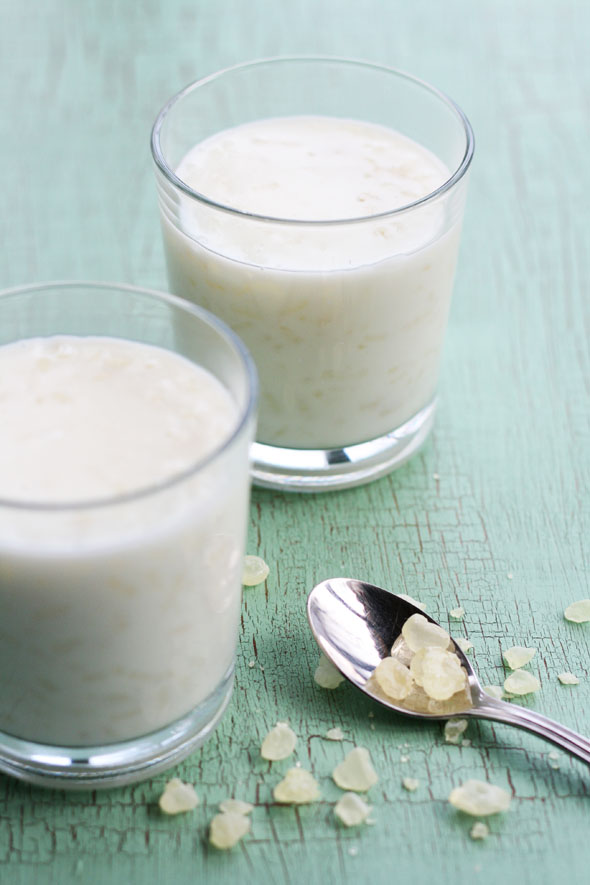Easy roast chicken with balsamic bay leaves and lemon (Kοτoπουλο ψητo με δαφνης μπαλσαμικο και λεμoνι)
The humble chicken is really a culinary blank canvas, just waiting for the right combination of herbs and spices, to bring it up to its true gastronomic potential. This is where the lovely Gina of Homer St, has once again stepped in with inspiration, generously providing me with some of her incredibly aromatic herbs and spices, direct from carefully sourced, high quality Greek producers.
Most recipes for Greek style roast chicken always involve lemon in one form or another. Taking a tip from this tradition, in this recipe I have used a zesty lemon herb and spice blend from the producer Sparoza. The spice contains coriander, ginger, pink pepper, peppercorns, thyme, rosemary, bay leaves, mustard seeds, lemon zest, sage - and my favourite, lemon verbena. Opening the packet is just like walking into one of the spice merchants on Evripidou Street in Athens. To enhance the aromatic qualities of the chicken, I also added some balsamic bay leaves from the producers 'Daphnis and Chloe', which have an almost sweet nutmeg aroma.
While the beautiful herbs and spices from Homer St have easily sorted the issue of flavour, the next challenge for a perfect roast chicken is trying to crack the secret of juicy meat and crisp skin! This is where my easy method for quick roast chicken comes to the fore. No mucking about with stuffing and trussing, I asked my local butcher to portion my whole roast chicken into large serving pieces. Next comes a shallow pan fry for crispy skin, before the pieces are gently rubbed with the aromatic herb and spice blend. The chicken pieces are then gently placed into an roasting tray which contains a shallow bath of latholemono - a mixture of extra virgin olive oil and fresh lemon juice - followed by a short stint in the oven. This method results in juicy, aromatic meat - and crispy flavoured filled skin.
Roast chicken with balsamic bay leaves and lemon (Kοτόπουλο ψητό με δάφνης μπαλσάμικο και λεμόνι)
Serves 4
Prep 20 mins, cooking 35 mins, resting 15 mins
Ingredients
One size 16 chicken, cut into large pieces
30g butter
2 tablespoons of extra virgin olive oil (for frying)
1/4 cup of extra virgin olive oil (for the latholemono)
6 Daphnis and Chloe Balsamic Bay Leaves
2-4 cloves of garlic, sliced
4 lemons
2 teaspoons of Sparoza herb and spice blend with lemon zest
1/2 kg small chat potatoes, peeled
Method
1. Preheat the oven to 180C / 160C fan forced.
2. Parboil the potatoes for around 15-20 minutes, so that they are tender on the inside but not falling apart.
3. To prepare the chicken pieces, make small slits in the flesh side with a sharp knife and insert a small piece of balsamic bay leaf and garlic into it. Also prepare the roasting tray by having it out ready to go. In a small jar (which has a lid), add the 1/2 cup of olive oil with the juice of 2 lemons. Seal the jar with a lid and shake vigorously until the mixture emulsifies to make the latholemono. Add this to the roasting pan - so you have a shallow bath ready and waiting for the chicken pieces. At this point, you can also add the parboiled potatoes - making sure they get a good coating of the latholemono.
4. Next, heat the oil and butter in a large frying pan over medium-high heat. Cook the chicken pieces, skin side down, for a few minutes until golden. Take care not to dislodge the garlic and bay.
5. Transfer the chicken pieces to the roasting pan, placing them skin side up in the latholemono, around the potatoes. Sprinkle the skin of the chicken with the Sparoza herb and spice blend and any remaining crumbled bay leaves and garlic slices. Drizzle with a little extra oil. Halve the two remaining lemons and also add these to the roasting tray. You could also add some whole garlic cloves at this point - if so inclined. Roast the chicken for 20-25 minutes or until it is cooked and tender. Allow the chicken to rest for around 15 minutes before serving. Divide the chicken pieces, roasted lemon and potato among plates, and spoon over the lemony pan juices (but avoid putting the juice directly onto the skin of the chicken - so it doesn't loose any of its crispness).








Comments
Post a Comment